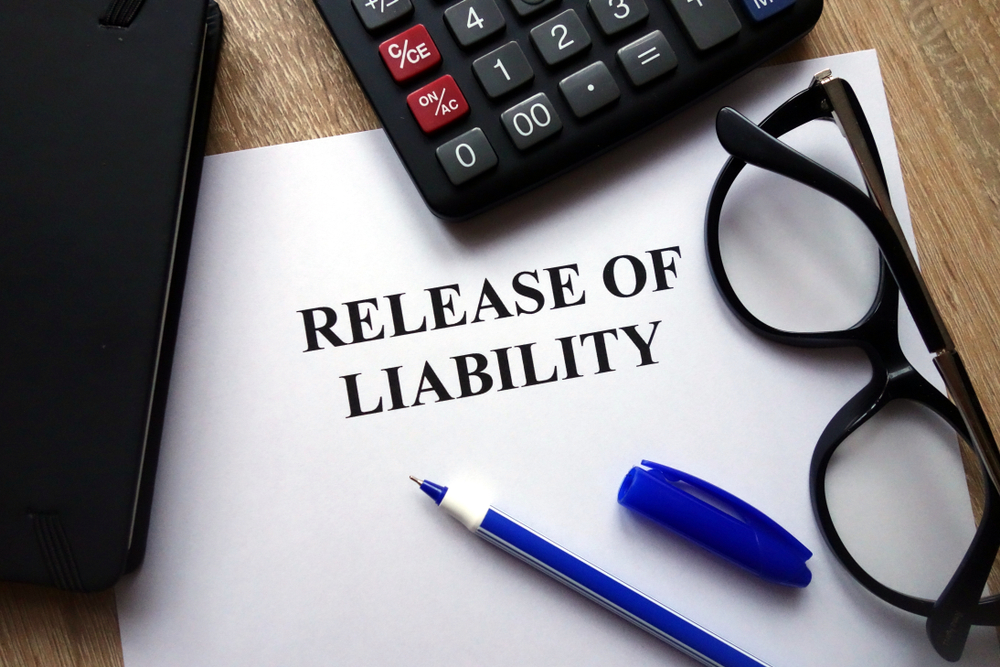What is a Covenant Running with the Land?
What is a covenant running with the land? A recent case explains the difference between a covenant running with the land and a personal covenant that does not run with the land: “Covenants are loosely defined as ‘promises in conveyances or other instruments pertaining to real estate' . . . [and] are divided into two categories, real and personal.” A real covenant, or covenant running with the land, “differs from a merely personal covenant in that the former concerns the property conveyed and the occupation and enjoyment thereof, whereas the latter covenant is collateral or is not immediately concerned with the...
Continue reading













